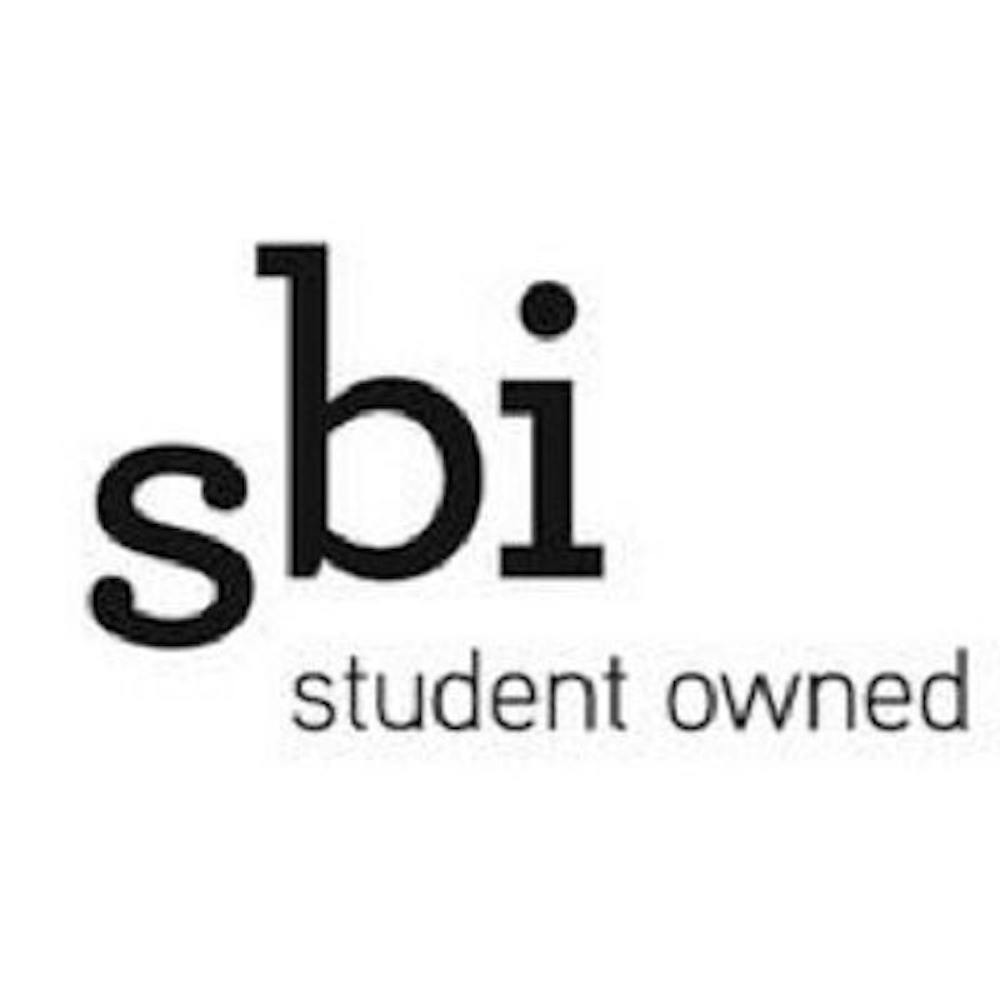Sub Board I, Inc. (SBI) had hoped to operate at a surplus of over $38,000 next year with the help of a $1.50 increase per student in the amount it receives from the student governments that own it. The not-for-profit corporation that provides UB student services will only get a 50-cent increase and it predicts it will operate at an $18,000 deficit instead.
The seven UB student governments, including the Student Association and Graduate Student Association, that own SBI will pay it $9 per student next year after the SBI Board of Directors approved a 50-cent increase in the Student Allocation Fee on Thursday. SBI presented the Board of Directors with three amendments to increase the fee the governments pay it, which included a $1 increase, a $1.50 increase and the 50-cent increase that was passed with 12 members voting in favor and just one voting against.
SBI predicts that it would have operated at $43,034 deficit next year had the fee remained at $8.50 and that it will now operate at an $18,634 deficit with the $9 fee. SBI had hoped for a $10 fee, which it predicts would have put it at a $38,854 surplus. The allocation fee has not increased since 2010, according to SBI Chief Accountant Mike Grela.
“We’re still operating on 2010 dollars for our allocation,” Grela said. “Some of the student governments don’t like how we do things I guess … They advertise our services when they have referendums but then they don’t want to fund our services.”
During the Board of Directors meeting on May 5, several members voiced concerns about how SBI has updated its services over the years and raised the possibility that SBI could improve its financial situation with new services.
Minahil Khan, the SA president for next year, said that SBI has to be looked at to make sure its services are evolving with the student body.
“I think there needs to be more audits and more external audits that show us what needs to be cut to make Sub Board sustainable for the long run because I want to find a solution that’s not just for a year or two or five,” Khan said. “We need to be looking at a sustainable model that’s going to ensure the continuation of Sub Board and not only ensure it financially, but also ensure that the services that we’re providing for our students are services that they need and it’s an equal split among services for undergrads and grads.”
SA pays more to SBI than any of the seven governments, and is set to pay SBI $335,157 next year under the new $9 fee. SA’s over $3 million budget is going to increase next year after students voted to increase the Mandatory Student Activity Fee by $10 dollars to $104.75 per semester in September.
Khan said SA board members voted for the 50-cent increase as opposed to a higher one because the SA Senate had passed a budget taking into account a 50-cent increase, and to change the budget for a higher fee would have had to be done by the Emergency Powers Council (EPC). The EPC consists of the president, vice president, treasurer and the Senate and Assembly chairs and makes decisions when Senate is not in session, like during the summer.
“I think our senators are the people who deserve to have the last look at the budget and be the ones to pass it,” Khan said. “So having already accounted for that in our budget that was passed, I didn’t feel comfortable voting for anything that would change our budget.”
Grela said one of the main reasons for SBI’s deficit is declining revenues from its pharmacy located in Michael Hall.
“Students aren’t coming to our pharmacy as much as they used to,” Grela said.
Sixty-four percent of SBI was funded through the Allocation Fee at the time of its inception and 17 percent of its funds come from the fee under the current $8.50 fee.
Tom Dinki is the editor in chief. He can be reached at tom.dinki@ubspectrum.com





